PARENTS WORRY ABOUT BABIES MISSING KEY MILESTONES DUE TO PANDEMIC RESTRICTIONS
by LAUREN CODLING
A FATHER has revealed his concern over the impact the coronavirus pandemic may have on his baby son, admitting the guilt he feels about how the crisis may affect him in later life.
Pranab Malla* is a father of three, whose youngest child Sadaf* is 20 months old. He was eight months old when the Covid crisis began in the UK last March.
Speaking to Eastern Eye, Malla revealed his worry for his son who has lived most of his life during the global pandemic. The infant has not been able to attend any playgroup classes, rarely interacts with anyone who is not immediate family, and Malla and his wife try to keep outdoor activities to a minimum, in the fear of catching Covid.
Malla, from Tower Hamlets in east London, admitted feeling like “a horrible parent” during the pandemic. “When you are a baby, everything’s so new and magical so it is just very sad. It feels like he is missing out on a lot,” he said.
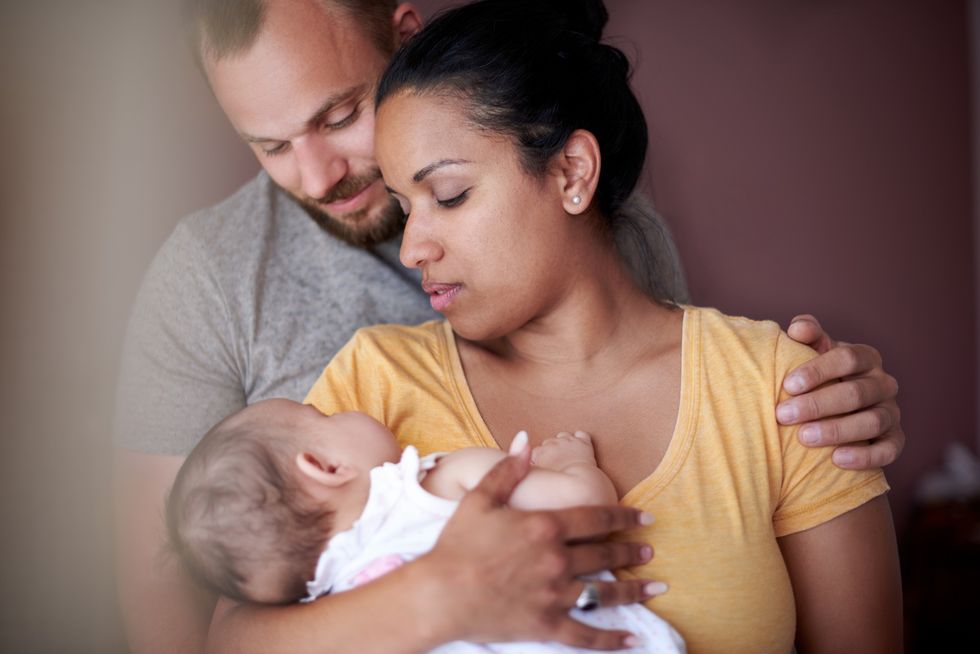
A report by the Royal Foundation in November said the key concerns of parents during the pandemic related to the lack of socialisation with other children (88 per cent) and adults (56 per cent), and children spending too much time inside (56 per cent).
As remote learning was on until last week, Malla said he and his wife had to look after their two older children at home as well as Sadaf. It meant they were unable to give the baby as much attention as he required. “It’s been really difficult,” he admitted. “At times, we’ve had to put the iPad on for a few hours (for the baby), because the other two have needed us with schoolwork and Zoom classes.
“In normal circumstances, we would read and play with him, but we’ve been so overwhelmed, especially since I have been working from home. My wife has basically had to look after three children on her own.”
Malla has experienced “a massive amount of guilt” due to the situation. “It has gotten to the point where I have cried because I’ve felt like I have neglected my child,” he admitted.
According to research published by family support network Home-Start last August, almost seven in 10 parents felt the changes brought about by Covid-19 were affecting their unborn baby, baby or young child.
The Babies in Lockdown report also found a third of respondents believed their baby’s interaction with them had changed during the lockdown period.
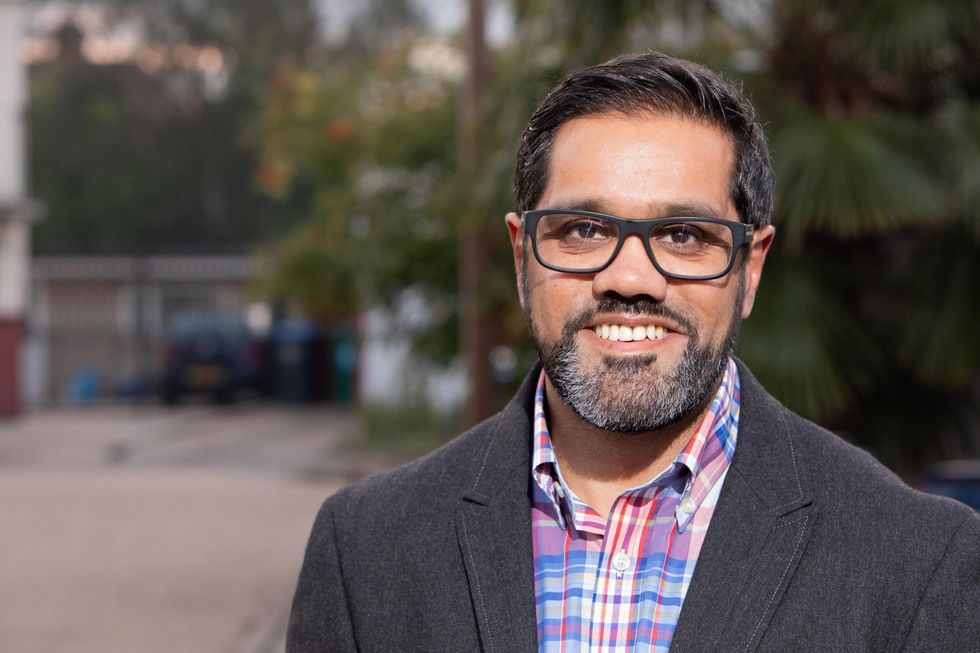
Becky Saunders, Home-Start’s head of policy and child psychotherapist, said the network had been approached by parents who were experiencing similar issues.
“For those parents who are having to home-school children and look after their baby, it is having a massive impact,” she told Eastern Eye on Monday (15). “It is changing parents’ experiences of those early days with a baby, during the time when you would ordinarily get some time in the day to focus on the baby and give them your undivided attention.
“That hasn’t been available to families who have just been juggling all these responsibilities at the same time.”
Malla has even expressed concern that the lack of interaction has affected his son’s speech, social development and fine motor skills. Although he is starting to babble now, Sadaf’s development has
been slower than Malla’s other two children, he said. Babies typically start to use language in a more recognisable way between 12 to 18 months. At 19 months, Sadaf was still barely talking.
“He wasn’t babbling or anything, literally just nothing,” Malla said. “We could have taken him to speech and language therapy classes, but obviously because of the lockdown, we couldn’t even take him to those, and it would have been impossible over Zoom.”
Rohit Sagoo, a senior lecturer in children’s nursing at Anglia Ruskin University, is not surprised by the strain put on new parents during the pandemic. He said although the lack of socialisation should not have a lot of impact on the growth and development of the child, he would be concerned if in the 12–24-month growth period there was a continued lack of socialisation due to Covid restrictions.
Sagoo told Eastern Eye: “This would cause some issues around the development of the child. For some individuals, they might be slower to engage and socialise with other people and interact with others. For instance, a grandfather may go up to the child for the first time and there’ll be a refusal to hug.”
However, Sagoo was keen to emphasise the resilience of babies. If they have the right social influences, he does not believe there will be a major impact. “It might take them a little bit longer to mix and socialise than other children, but most zero-to-two-year-olds, in terms of child development, swim along nicely,” the British Sikh Nurses founder said.
Saunders agreed, saying: “Yes, there will have been differences for your baby, but the vast majority of families and babies will get back on track to where they would have been before. It just might take a little bit of time.”
Talking about advice she would give to concerned parents, Saunders stressed the importance of reaching out for support if they need it. “It’s all right to say if you’re not feeling ok, or you’re struggling,” she said. “For parents who are worried about their baby’s development, reach out to a trusted adult or one of the range of services that are still available and open to support families.”
*Names have been changed to protect identities.
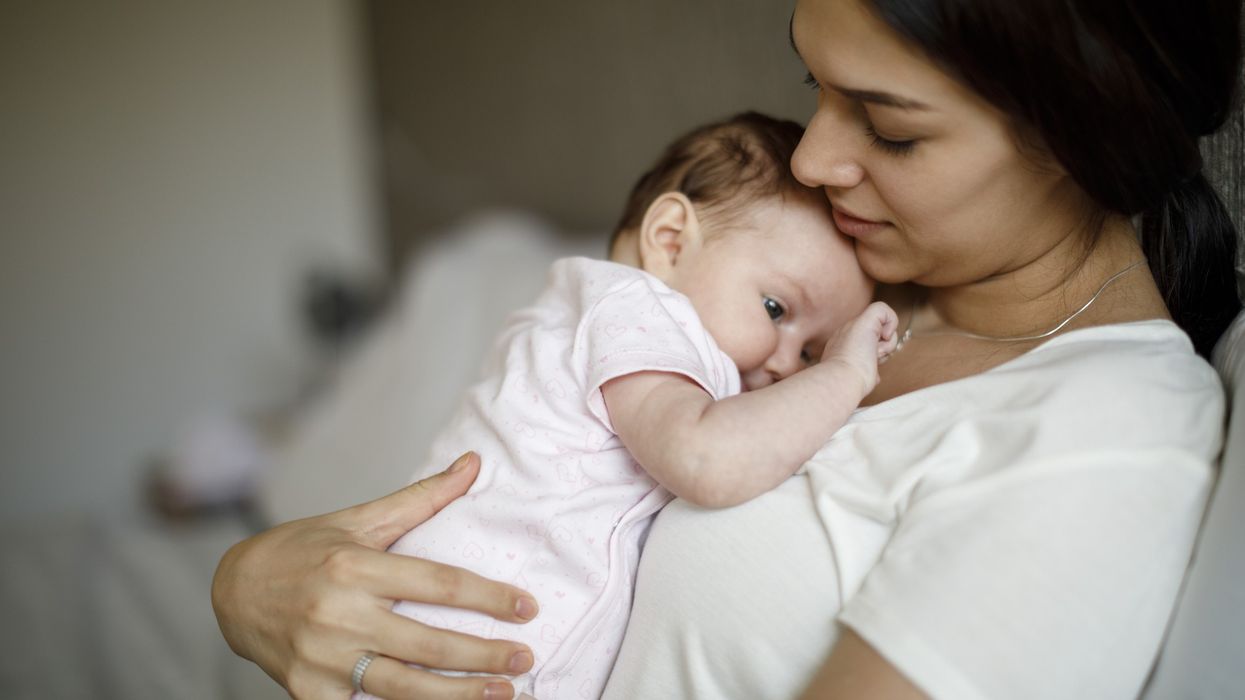




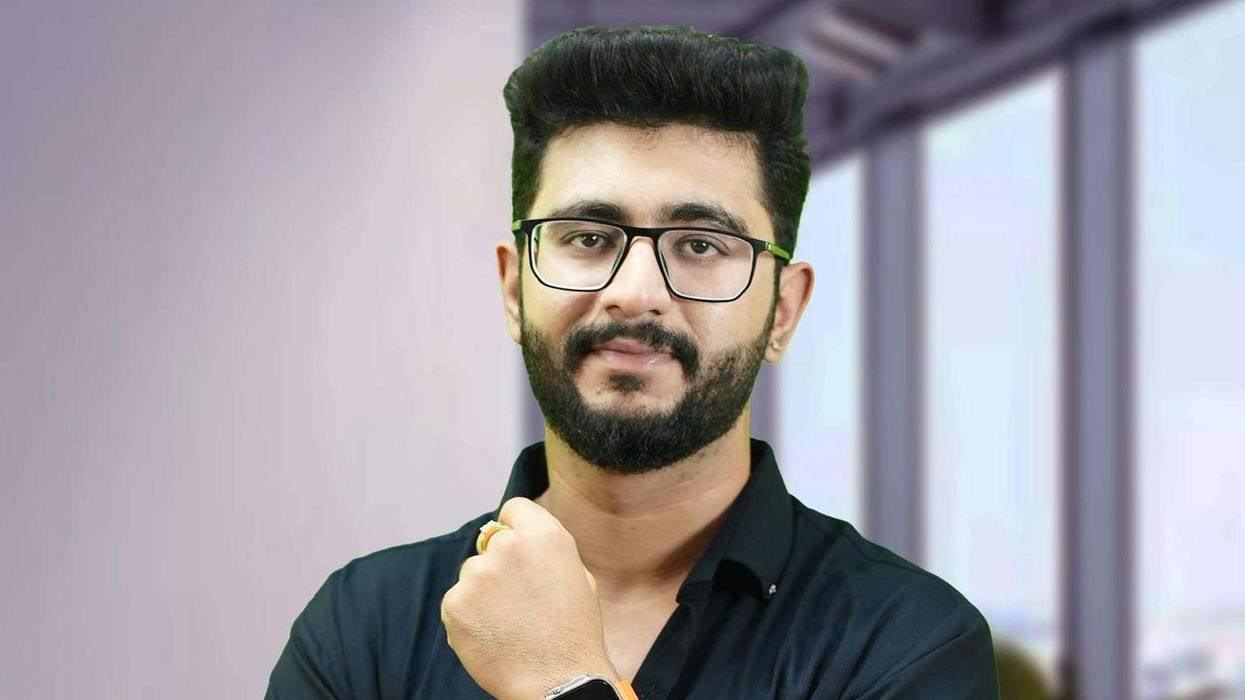
 The idea was simple yet ambitious: build a platform that provided authentic, well-researched information AMG
The idea was simple yet ambitious: build a platform that provided authentic, well-researched information AMG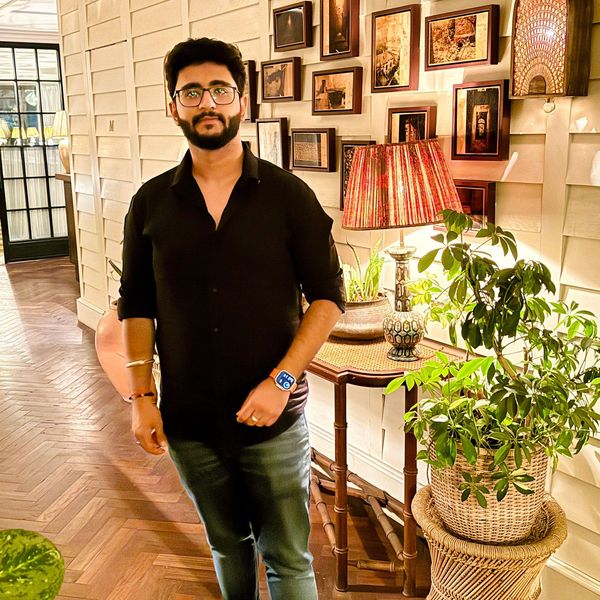 One of his most frequent recommendations: track every rupeeAMG
One of his most frequent recommendations: track every rupeeAMG From building communities around cars to transforming how young Indians perceive moneyAMG
From building communities around cars to transforming how young Indians perceive moneyAMG






